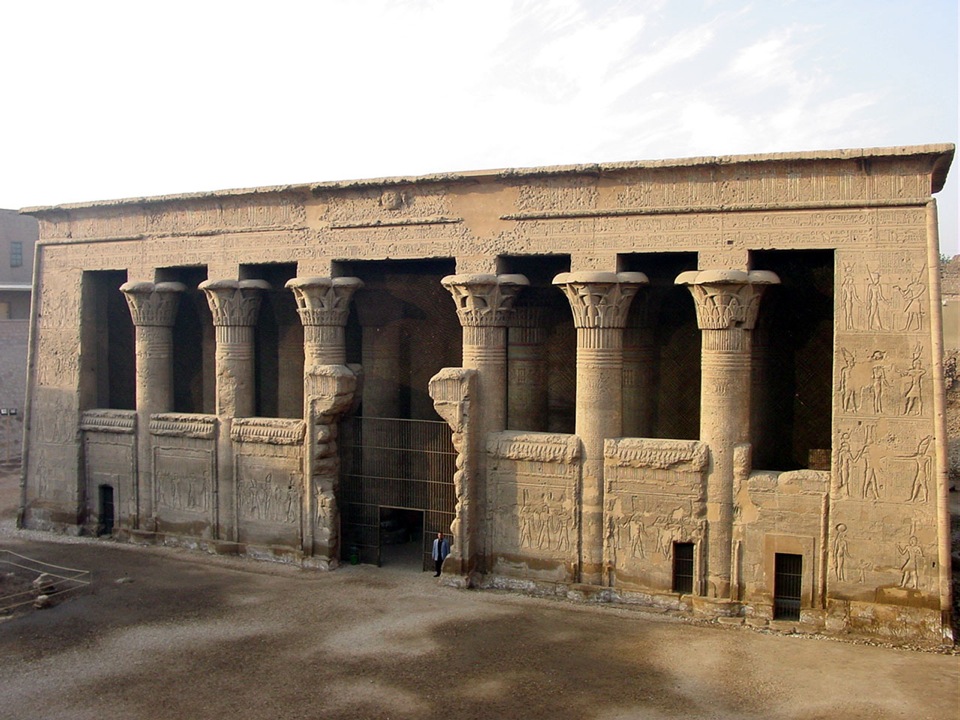|
Heka (god)
Heka (; egy, ḥkꜣ(w); Coptic: ''hik''; also transliterated Hekau) was the deification of magic and medicine in ancient Egypt. The name is the Egyptian word for "magic". According to Egyptian literature (Coffin text, spell 261), Heka existed "before duality had yet come into being''.''" The term ''ḥk3'' was also used to refer to the practice of magical rituals. Name The name Heka is identical with the Egyptian word ''ḥk3w'' "magic". This hieroglyphic spelling includes the symbol for the word ''ka'' (''kꜣ''), the ancient Egyptian concept of the vital force. Beliefs The Old Kingdom Pyramid Texts depict ''Heka'' as a supernatural energy that the gods possess. The "cannibal pharaoh" must devour other gods to gain this magical power. Eventually, Heka was elevated to a deity in his own right, and a cult devoted to him developed. By the time of the Coffin Texts, Heka is said to have been created at the beginning of time by the creator Atum. Later Heka is depicted a ... [...More Info...] [...Related Items...] OR: [Wikipedia] [Google] [Baidu] |
Esna Tempel 13 Heka
Esna ( ar, إسنا , egy, jwny.t or ; cop, or ''Snē'' from ''tꜣ-snt''; grc-koi, Λατόπολις ''Latópolis'' or (''Pólis Látōn'') or (''Lattōn''); Latin: ''Lato''), is a city of Egypt. It is located on the west bank of the Nile some south of Luxor. The town was formerly part of the modern Qena Governorate, but as of 9 December 2009, it was incorporated into the new Luxor Governorate. Latopolis This city of Latopolis (πόλις Λάτων) in the Thebaid of Upper Egypt should not be confused with the more northerly city of Letopolis (Λητοῦς Πόλις), ancient Khem, modern Ausim, in the Nile Delta in Lower Egypt. Ancient city The name "Latopolis" is in honor of the Nile perch, ''Lates niloticus'', the largest of the 52 species which inhabit the Nile, which was abundant in these stretches of the river in ancient times, and which appears in sculptures, among the symbols of the goddess Neith, associated by the ancient Greeks as ... [...More Info...] [...Related Items...] OR: [Wikipedia] [Google] [Baidu] |
Nome (Egypt)
A nome (, from grc, νομός, ''nomós'', "district") was a territorial division in ancient Egypt. Each nome was ruled by a nomarch ( egy, ḥrj tp ꜥꜣ Great Chief). The number of nomes changed through the various periods of the history of ancient Egypt. Etymology The term ''nome'' comes from Ancient Greek νομός, ''nomós'', meaning "district"; the Ancient Egyptian term was ''sepat'' or ''spAt''. Today's use of the Ancient Greek rather than the Ancient Egyptian term came about during the Ptolemaic period, when the use of Greek was widespread in Egypt. The availability of Greek records on Egypt influenced the adoption of Greek terms by later historians. History Dynastic Egypt The division of ancient Egypt into nomes can be traced back to prehistoric Egypt (before 3100 BC). These nomes originally existed as autonomous city-states, but later began to unify. According to ancient tradition, the ruler Menes completed the final unification. Not only did the di ... [...More Info...] [...Related Items...] OR: [Wikipedia] [Google] [Baidu] |
Medicine Deities
Medicine is the science and practice of caring for a patient, managing the diagnosis, prognosis, prevention, treatment, palliation of their injury or disease, and promoting their health. Medicine encompasses a variety of health care practices evolved to maintain and restore health by the prevention and treatment of illness. Contemporary medicine applies biomedical sciences, biomedical research, genetics, and medical technology to diagnose, treat, and prevent injury and disease, typically through pharmaceuticals or surgery, but also through therapies as diverse as psychotherapy, external splints and traction, medical devices, biologics, and ionizing radiation, amongst others. Medicine has been practiced since prehistoric times, and for most of this time it was an art (an area of skill and knowledge), frequently having connections to the religious and philosophical beliefs of local culture. For example, a medicine man would apply herbs and say prayers for healing, or an a ... [...More Info...] [...Related Items...] OR: [Wikipedia] [Google] [Baidu] |


